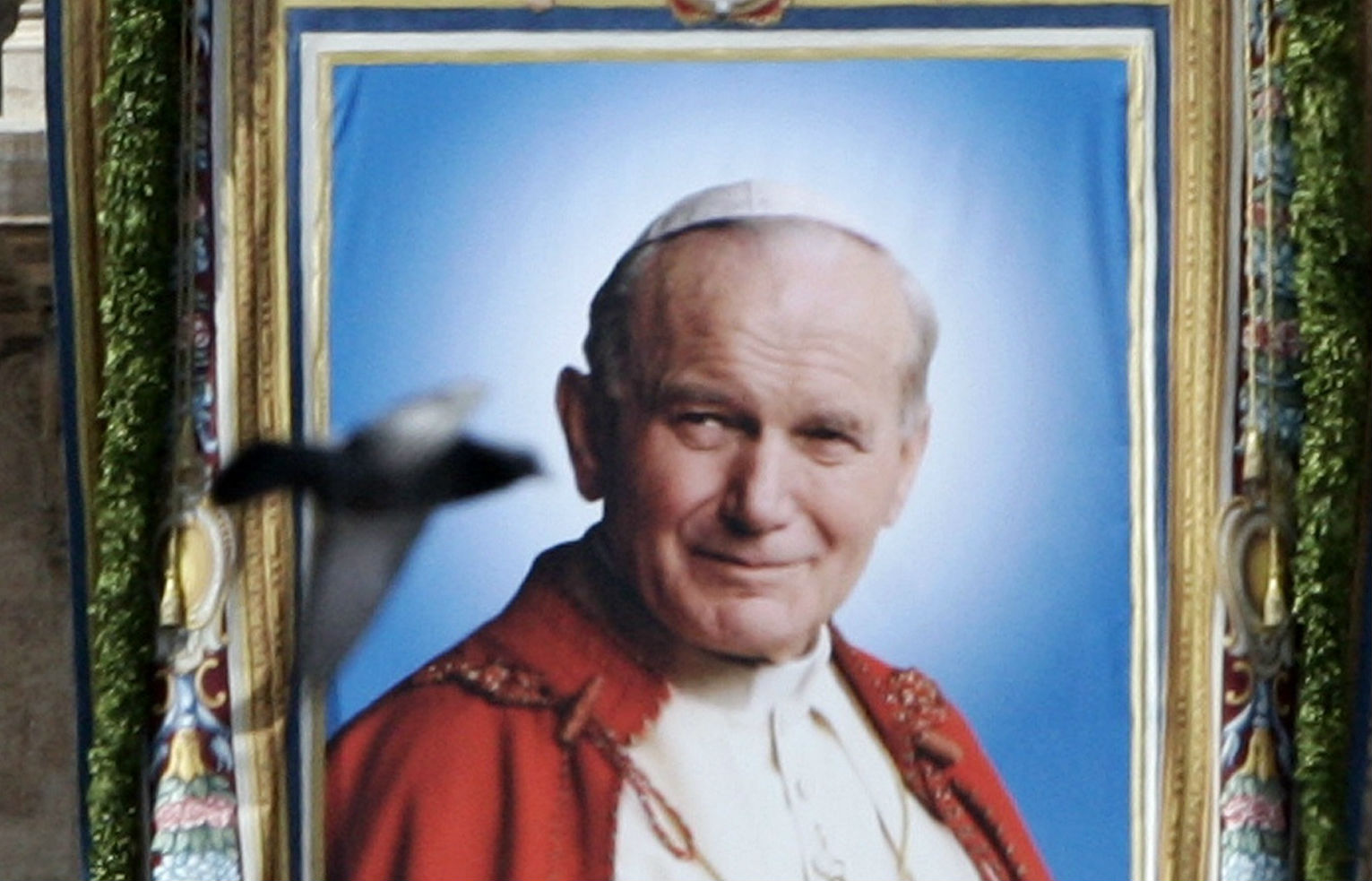Archbishop Denis Hart has announced the closure of Melbourne’s John Paul II Institute for Marriage and Family from the end of 2018 due to the small number of students enrolled in recent years and the increasing financial burden placed on his Archdiocese as a result. It's a decision the Institute's Director, Melbourne Auxiliary Bishop Peter Elliott, has described as "very sad".
Archbishop Hart said on 27 October that the Institute, founded in 2001 by his predecessors Archbishop (later Cardinal) George Pell, would be maintained until the end of 2018 so that students could complete their studies. He said the Institute's Council decided on the closure two days earlier.
In his letter to faculty members, students and other stakeholders in the Institute, Archbishop Hart said the Institute's Council had been concerned for two years at the small number of students enrolled, and the increasing financial burden placed on the Archdiocese of Melbourne as a result.
"For any students who do not complete by that time (2018), discussion will take place concerning referral to another Institute," Archbishop Hart said.
The Institute was founded as an affiliate of the Pontifical Institute for Studies on Marriage and Family, established by Pope St John Paul II following a recommendation of the 1980 Synod of Bishops devoted to the family. It is one of 11 full "sessions" and affiliated institutions worldwide of the Pontifical Institute, which has its central session in Rome. Its Dean is Professor Tracey Rowland, who was appointed by the Holy See to its International Theological Commission in 2014.
Bishop Elliott told The Tablet that numbers of students had varied and that the Melbourne centre was a small Institute. But he said numbers in some areas -- particularly in accreditation of Catholic teachers to teach Religious Education -- had risen though not so in the core subjects of marriage and family and bioethics.
He said the Institute had developed new courses in areas such as psychology and counselling because it had anticipated the actions of Pope Francis and the Synod on the Family and had tried to develop more pastoral emphases in recent years.
"It's a very sad moment that an Institute like this should be closed and it's a big challenge for us to continue teaching what students we have over the next two years so they can complete their studies," Bishop Elliott said.
He said he had "anticipated problems" but the decision to close the Institute had happened "very suddenly".
Asked by The Tablet if there was any link between the closure of the Institute and the opening in 2014 of the nearby Catholic Leadership Centre, on the site of the former parish of St John the Evangelist in East Melbourne, Bishop Elliott said there was no connection at all.
He said the Melbourne Institute had been very highly regarded by Rome and also under civil law. It had a very wide outreach to New Zealand, the Pacific and South-East Asia and even to students from Africa and North America.
"I am sure that so with many people having been trained at the Institute over the past 15 years, their work continues in the Church, particularly in the area of marriage and family and pro-life matters, and I would hope there would be some ways of continuing our work in this country," Bishop Elliott said.




 Loading ...
Loading ...